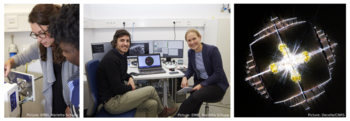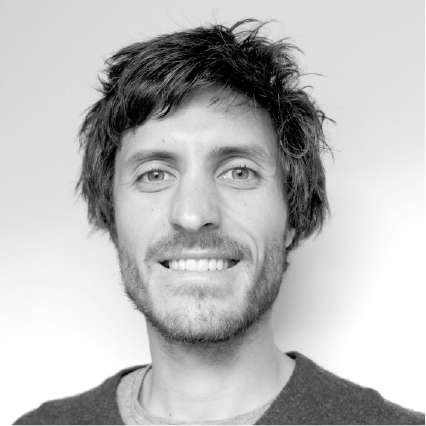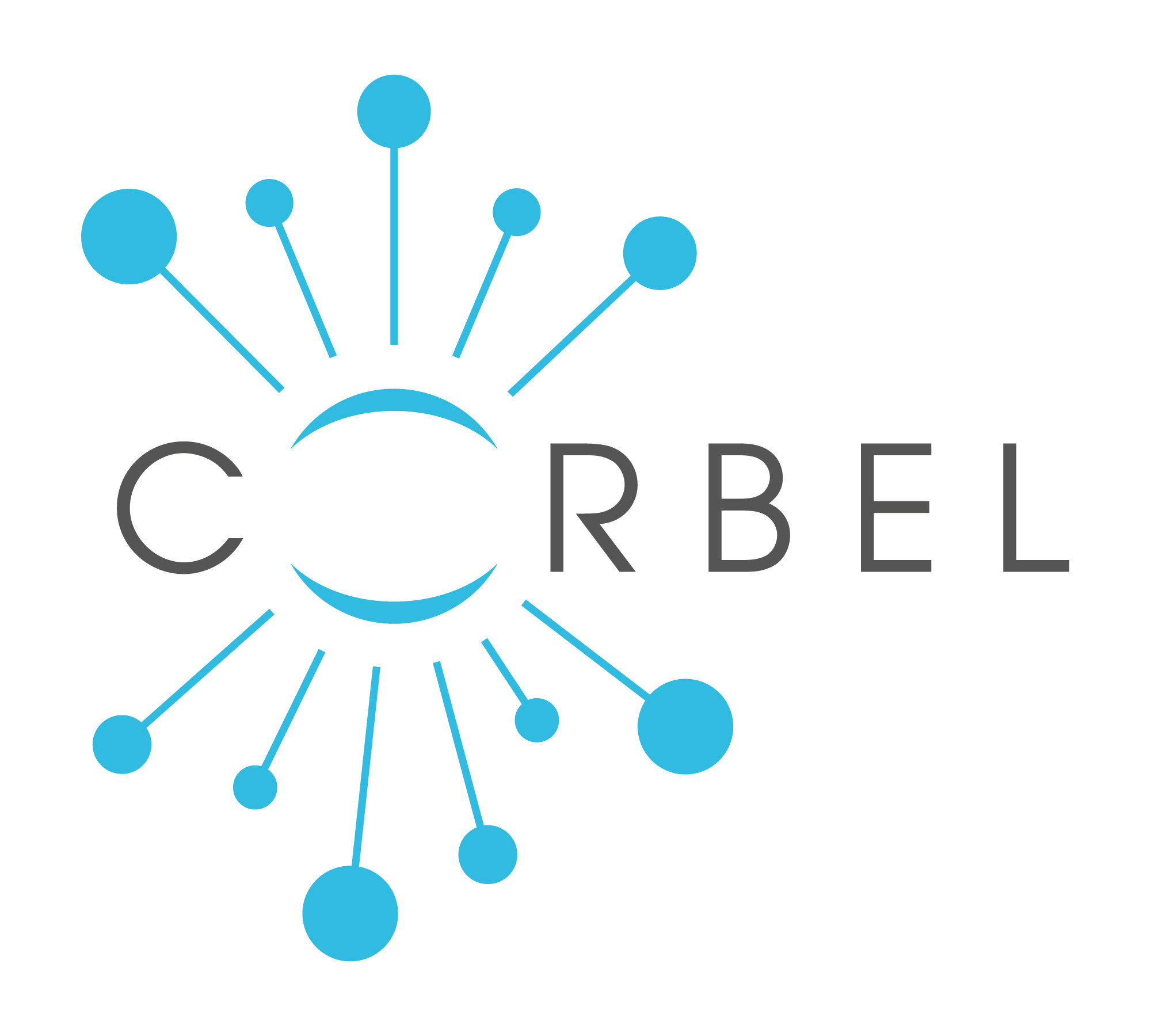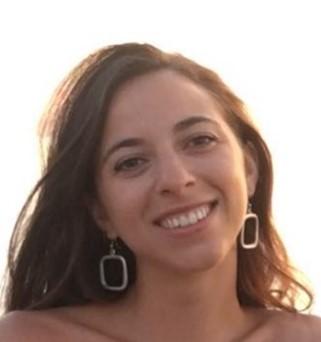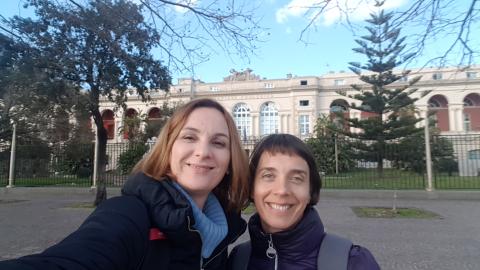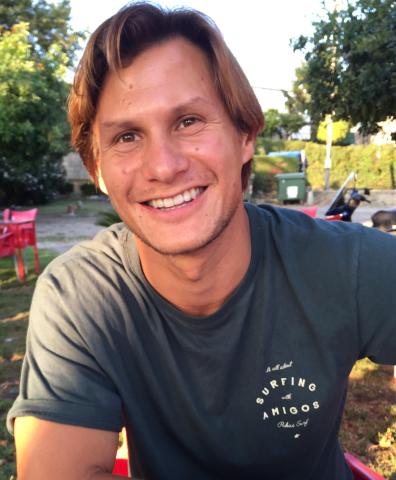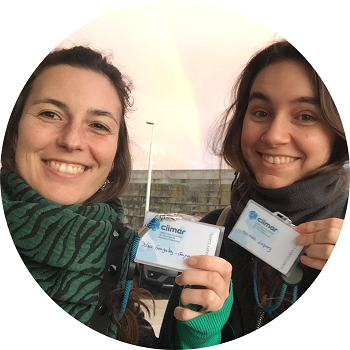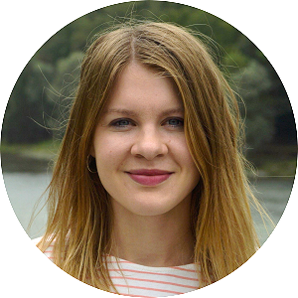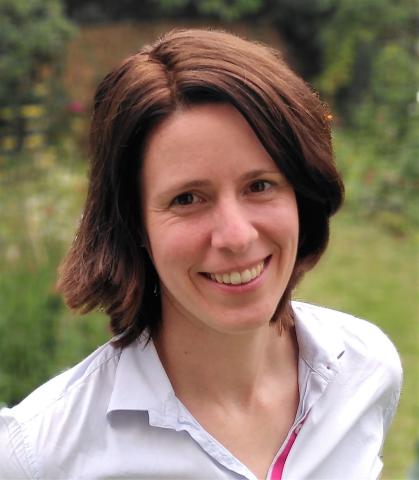Presentation
Service provider: Institut de la mer de Villefranche (IMEV)
Funding source: CORBEL project* (2019)
Dr Johan Decelle, a group leader at the Grenoble Alpes University, used EMBRC and Euro-BioImaging services to successfully conduct research on symbiotic interactions with microalgae. His aim was to unveil the structural architecture of the microalgal cell and its integration into a host cell using cutting-edge imaging technologies.
EMBRC provided Dr Decelle with access to his study material. The EMBRC site Institut de la mer de Villefranche, IMEV (previously Observatoire Océanologique de Villefranche sur mer) in France provided a favorable oceanographic context for the presence of symbiotic plankton in near-shore waters, which facilitate experiments on live cells.
With Euro-BioImaging’s support, Dr Decelle was able to use the 3D imaging technique ‘focused ion beam scanning electron microscopy’ (FIB-SEM) to visualise subcellular modifications of the photosynthetic machinery and the microalgal cell at high imaging volume before and during symbiotic interaction. As the machine is quite difficult to operate, Dr Decelle benefitted from the help of the Euro-BioImaging facility located at the European Molecular Biology Laboratory (EMBL) in Germany for this purpose.
'The CORBEL grant provided me access to some very important technologies that I simply had no access to', Dr Decelle said, adding that ‘learning about these available resources and accessible technologies in Europe was such luck!
He continued: 'To have the possibility to go all the way from collecting planktonic cells in the ocean to high-end cutting-edge imaging technologies is a unique opportunity to better understand these ecologically-important cells!’
What started as a project selected via the CORBEL Open Call developed into a long-term collaboration. All partners agree that this project will improve our knowledge of the functioning of planktonic symbioses and bring new evolutionary insights into chloroplast acquisition in eukaryotes.
*CORBEL was funded by Horizon 2020, under grant agreement number 654248 (see project page)
